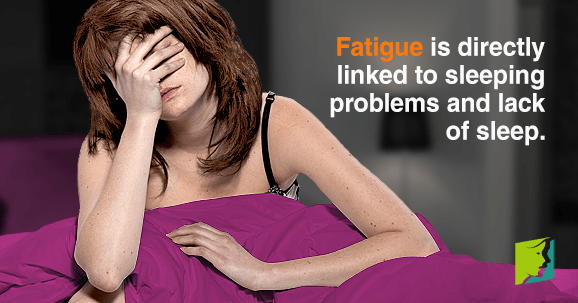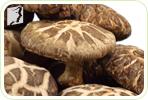Fatigue is defined as a general lack of energy, tiredness, and exhaustion, primarily due to lack of sleep. Fatigue can also be caused by lifestyle factors like high stress, poor diet, or insufficient exercise. Fatigue is one of the most commonly reported symptoms in menopausal women. It occurs when the body has to work harder than usual to carry out everyday activities, and is directly linked to sleeping problems, like insomnia or sleep apnea. Several ways to prevent fatigue are to get plenty of exercise, reduce stress, and maintain a balanced diet.
Sleeping Problems
Insomnia is one of the more common sleeping problems, affecting around 10% of the population. Insomnia is defined as the difficulty initiating and maintaining sleep, despite adequate opportunities to sleep. Insomnia can affect people of all ages, but is more common in adults. There are two types of insomnia - short-term and long-term. Short-term insomnia lasts a few days maximum, while long-term insomnia can last several weeks.
Sleep deprivation is the lack of sleep due to inadequate opportunities to sleep, or intentional sleep avoidance, such as staying up all night working or studying. Conversely, oversleep can also cause fatigue. Adults need around eight hours of sleep every night. Sleeping 11 hours or more is considered oversleep, and can result in daytime sleepiness and fatigue.
Sleep apnea refers to when the body briefly stops breathing during the night. Sleep apnea causes fatigue because it momentarily causes the body to wake up when breathing stops in order to correct it. These disturbances are what cause fatigue.
Fatigue
Fatigue refers to a feeling of tiredness or a need to rest because of lack of energy. Fatigue episodes usually have an identifiable cause, and during menopause, the cause is typically hormonal imbalance. However, it can also be a sign of mental problem or physical condition. For example, anxiety and depression can also cause fatigue.
The Link
Fatigue is directly linked to sleeping problems and lack of sleep. Sleeping problems like insomnia and sleep apnea can be managed through lifestyle changes. Reducing stress with relaxation methods is also helpful in maintaining a good night's sleep.
Generally, sleeping problems and fatigue go hand in hand, especially when lack of sleep, poor diet, and lack of exercise are involved. If you do not get a good night's sleep due to sleeping problems, you are most likely going to feel fatigued the next day.
How to Treat Sleep Disorders and Fatigue
Beneficial ways to prevent fatigue are getting adequate rest, maintaining a healthy diet, and getting plenty of exercise. Getting enough sleep is crucial to feeling good and maintaining high energy levels throughout the day. Taking a warm bath, reading, and meditating before bed are all helpful tips to getting a good night's sleep.
A healthy diet
Maintaining a healthy diet is key to combating fatigue because the nutrients consumed act as fuel for the body and help maintain energy levels throughout the day. It is recommended to eat small, healthy meals - ideally including all food groups - every few hours to help boost energy levels.
Exercise regularly
Regular aerobic exercise is another beneficial method of preventing fatigue. It is recommended to get at least 30 minutes of exercise daily. Walking, cycling, jogging, swimming, and yoga are all appropriate low-impact workouts. Getting regular exercise not only boosts energy levels, but it also improves the efficiency of the muscles.
While fatigue and sleeping disorders can feed into each other, there are ways to manage them. If hormonal imbalance is behind both of the symptoms, balancing levels can help. The above mentioned lifestyle adjustments are also helpful in rebalancing hormones and preventing such symptoms.
Sources
- National Health Service UK. (2013). Why am I tired all the time? Retrieved August 11, 2014, from http://www.nhs.uk/Livewell/tiredness-and-fatigue/Pages/why-am-I-tired.aspx
- National Institutes of Health. (2013). Fatigue. Retrieved August 15, 2014, from http://www.nlm.nih.gov/medlineplus/ency/article/003088.htm
- Sleep Health Foundation. (2011). Chronic Fatigue Syndrome and Sleep. Retrieved August 11, 2014, from http://www.sleephealthfoundation.org.au/files/pdfs/Chronic-Fatigue.pdf
- University of Maryland Medical Center. (2011). Fatigue. Retrieved August 11, 2014, from http://www.umgcc.org/patient_info/62811causes-of-fatigue-in-cancer-patients.htm




